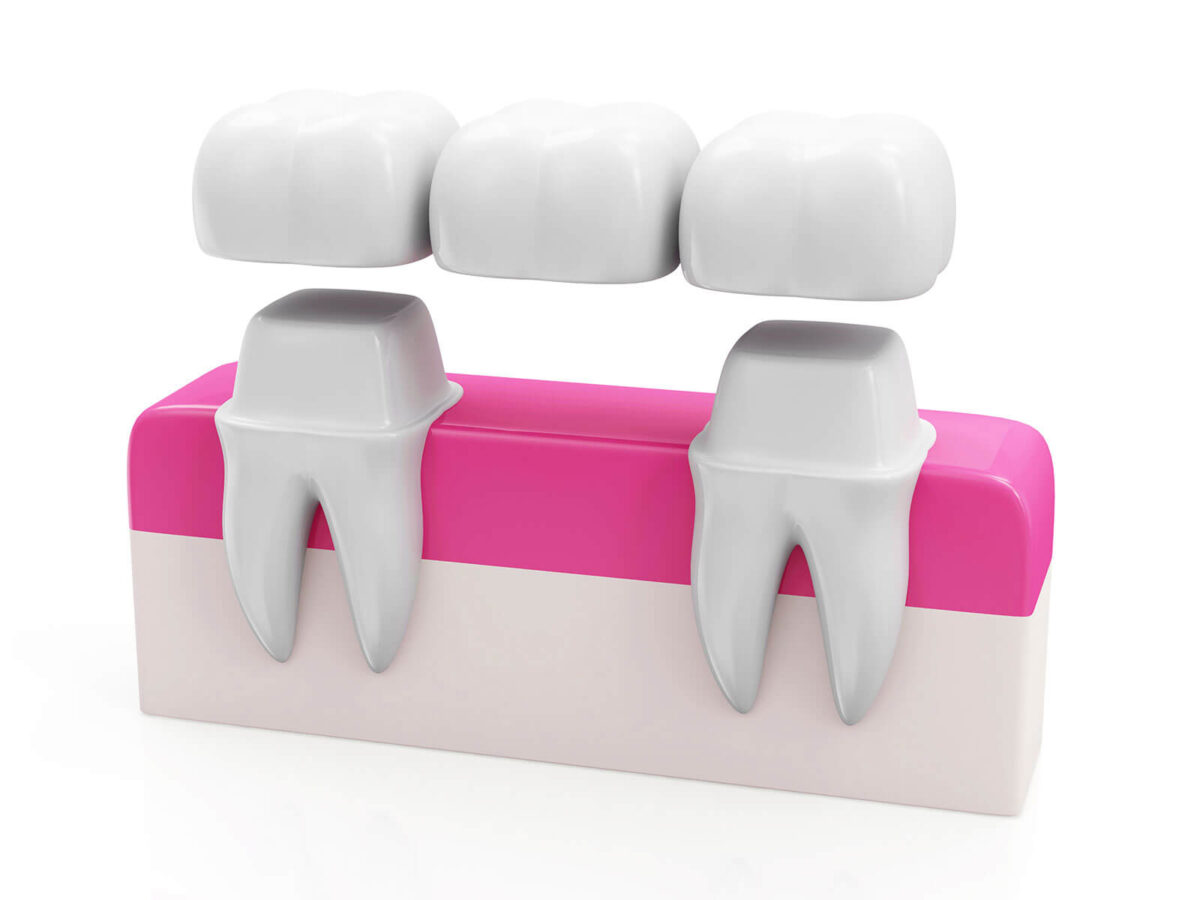Blog
Dental hygiene tips for healthy teeth & gums

How Long Does A Fractured Jaw Take To Heal?
Managing a fractured jaw can disrupt a person’s everyday life by interfering with fundamental processes such as eating, speaking, and breathing. A fractured jaw requires careful supervision and patience during the rehabilitation process. In this detailed guide, we will look at the elements that influence the healing period for a fractured jaw, the stages of recovery, and the critical factors for a good recovery.
How to Understand Jaw Fractures:
When the jawbone is shattered or damaged, it results in a fractured jaw, also known as a mandibular fracture. Various factors, such as trauma, accidents, sports injuries, or medical disorders, can cause this. Jaw fractures can affect many components of the jaw, such as the mandibular body, angle, ramus, or condyle.
Jaw injury recovery Factors:
1. Fracture kind and position:
The type and position of the jaw fracture significantly impact healing time. Fractures in different jaw locations may necessitate additional treatment procedures and healing times.
2. Treatment type:
The treatment type used, whether surgical or non-surgical, can affect healing duration. Non-surgical methods can rely on immobilization and spontaneous healing, whereas surgical therapies may require the use of wires, plates, or screws to stabilize the fracture.
3. Patient’s entire Health:
The Jaw injury recovery depends on the patient’s total health. Individuals who are in good general health tend to recover more quickly. Diabetes and weakened immune systems can both have an impact on healing time.
4. Treatment Plan Adherence:
Adherence to the approved treatment plan is critical for maximum healing. This includes adhering to postoperative care instructions, attending follow-up appointments, and refraining from engaging in activities that may impede healing.
5. Age:
Age might have an impact on the healing process. Younger people can heal faster because of their more substantial bone density and healing potential.
Recovery Stages:
1. Immediate Post-Injury Phase:
Managing pain swelling and ensuring the patient’s airway remains unobstructed are all part of the immediate post-injury phase.
2. Diagnostic Evaluation:
Following the initial phase, diagnostic assessments such as X-rays or CT scans are performed to determine the amount and location of the fracture.
3. Treatment Initiation:
Treatment can begin with non-surgical approaches such as jaw wiring or surgical interventions such as open reduction and internal fixation (ORIF).
4. First Healing:
The first healing of the fractured jaw is the focus of treatment in the weeks following treatment commencement.
5. Intermediate Recovery:
Intermediate recovery entails continual monitoring and possibly treatment plan changes.
6. Complete Healing and Jaw injury recovery:
Complete healing and recovery may take several months.
Jaw injury recovery Estimate:
a. Non-Surgical Treatment:
Non-surgical treatment may be sufficient for some less severe fractures. Wiring the jaw shut or employing other means to immobilize the jaw may be used. In such circumstances, healing time can range from 4 to 6 weeks, with steady improvement in function.
b. Surgical Treatment:
Surgical procedures such as ORIF may be indicated for more difficult fractures. The initial healing period may last 6 to 8 weeks, but ultimate recovery and rehabilitation may take months.
Important Recovery Considerations:
a. Dietary Modifications:
A soft or watery diet may be recommended during the early healing phase to avoid putting too much strain on the recovering jaw. The diet can be gradually increased as the rehabilitation process develops.
b. Oral Hygiene:
It is critical to maintain appropriate oral hygiene, especially if the jaw is wired or immobilized. Special care should be taken to avoid problems such as infections.
c. Pain Management:
Pain management is essential to the healing process. To reduce pain and discomfort, medications recommended by a healthcare provider should be taken exactly as directed.
d. Follow-up sessions:
It is critical to schedule regular follow-up sessions with the treating healthcare practitioner to monitor progress, make any required changes to the treatment plan, and ensure optimal recovery.
e. Physical treatment:
If your jaw function is severely impaired, physical therapy may be prescribed to help you regain strength, mobility, and coordination.
f. Activity Resumption Gradually:
Everyday activities, such as chewing and speaking, should be resumed gradually to avoid strain on the recovering jaw.
Conclusion:
Jaw injury recovery depends on various factors, including the fracture type, treatment method, and the individual’s overall health. While some people may see significant improvement within a few weeks, others may need several months to recover fully. Following the suggested treatment plan, attending follow-up appointments, and exercising patience are critical to a successful recovery. Consultation with healthcare professionals and following their recommendations can help to achieve the best possible outcome, allowing individuals to continue their daily activities with recovered jaw function.
